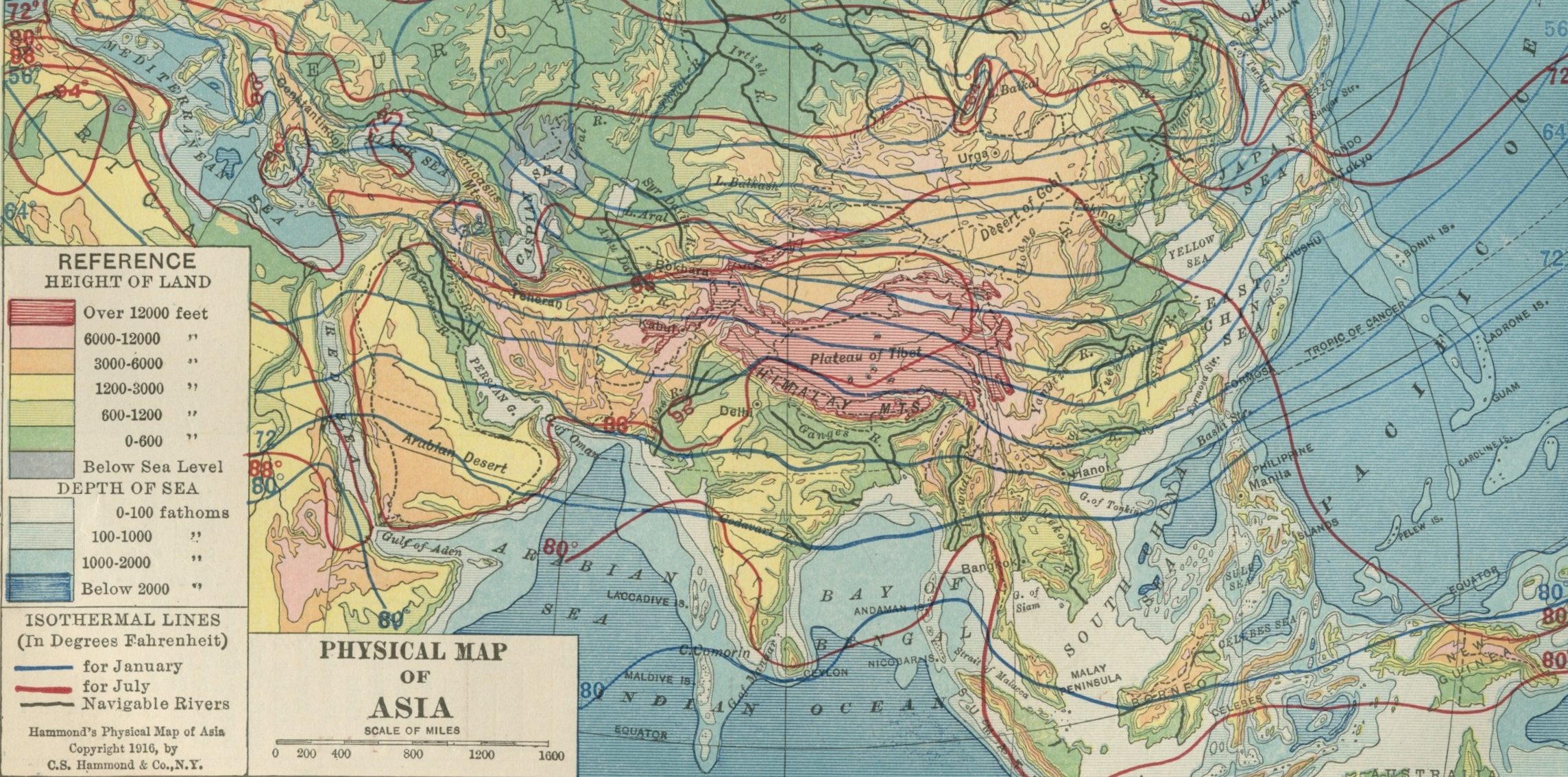**The full report is now available to view here**
The term ‘capacity strengthening’ may once have been a fresh new buzzword to describe technical assistance activities, but it’s now firmly entrenched in the international development lexicon. But what does it really entail? Who’s doing it, and where, and how? At UKCDS, we’ve been working with the Medical Research Council (MRC) to map out research capacity strengthening (RCS) initiatives in health, aware that a huge amount is going on beyond what the funders in our immediate orbit are doing.
While there’s some degree of consensus around what advancing research capacity in low and middle income countries (LMICs) means, in part forged by initiatives like ESSENCE, research capacity strengthening isn’t a straightforward term. Not only are there debates around a terminology that at best sounds vague and at worst imbalanced and semi- or post-colonial, but increasingly it’s hard to define where research in partnership ends and capacity strengthening begins. Many of the activities and schemes which are significantly improving research quality in LMICs fall outside funders’ designated RCS portfolios, with funders increasingly embedding capacity strengthening across their research programmes. Thus a whole array of programmes, scholarships, prizes, regulatory and ethics boards fall under the capacious umbrella of the health RCS ‘ecosystem’.
Through a mix of database analysis and semi-structured interviews, our mapping has helped substantiate some anecdotally-held ideas. As a taster, our report (coming soon!) found that:
- Most RCS programmes work at the individual level, providing support for individual research training from MSc stage upwards. While opportunities are reasonably well distributed between the different career levels at the application stage, in reality MSc and PhD researchers make up the majority of funded individuals. (As illustrated above by the profile of LMIC trainees under the European and Developing Countries Clinical Trials Partnership).
- At the institutional level, strengthening the organisational (financial, administrative, managerial etc.) capacities of the institution requires almost as much time and money as research-centric activities.
- Although there are relatively few health RCS programmes at the national or ‘systems’ level, there are an increasing number of multi-donor funding platforms devolving responsibilities and agenda setting to LMIC researchers. Perhaps the best example is the new Alliance for Excellence in the Sciences in Africa (AESA) platform, co-ordinated by the African Academy of Sciences and the New Partnership for Africa’s Development and co-funded by Gates, Wellcome Trust and DFID. In parallel, a broad range of French funders are also collaborating on an emerging zoonotic diseases research platform in South East Asia.
- 87% of the schemes we profiled were accepting African researchers, teams or institutions as applicants. In contrast, only 37% were open to applications from Asia, and 19% from Latin America and the Caribbean.
- Funders’ bilateral capacity strengthening activities tend to be concentrated (though not exclusively so) in regions that share linguistic and cultural ties. For example the Brazilian FIOCRUZ Institute is the key funder for health researchers and institutions in Portuguese-speaking African countries. South-South cooperation is more and more common, with BRICs and other middle-income countries coming to the fore as funders and mentors.
- There are significantly more programmes specifically focussed on RCS in infectious disease than any other thematic category (as shown in the figure below).

Despite funders’ differing visions, collaboration and multi-funder cooperation in RCS is increasingly the norm, reflecting the growing tendency for joint funding in global health research more broadly. 35% of the programmes we profiled involve more than one funder, and this figure would be even higher if we had been able to separate out activities from multi-donor organisations, like the EDCTP, into their various constituent funders.
In the wake of the Ebola crisis, it is likely capacity strengthening will only become a more urgent priority to support high quality, site-specific health research to respond to the growing burden of emerging zoonotic and drug resistant diseases, as well as non-communicable diseases, worldwide. It is only through a collaborative approach, which is responsive to locally defined agendas and which frames RCS as a “two-way street”, that more sustainable and equitable research partnerships will come about.



Comments